Black Ops II was revolutionary for the Call of Duty franchise for many reasons, but the one that competitive players are most fond of is League Play. This was the first introduction of a ranked play system in a Call of Duty game, and many agree that it was the best one to date. As a new title comes out every November, ranked play has seen a unique revamp each year as well.
Black Ops II League Play
League Play was the original “Call of Duty World League,” which now has a completely different meaning, and it was the reason I personally became involved in Call of Duty esports. In fact, League Play was the reason I decided to buy Black Ops II in the first place.
Back in 2012, I grinded Modern Warfare 3 until I grew sick of it. At that point, I picked up League of Legends and didn’t even buy Black Ops II when it first came out, in stark contrast to the midnight releases I had attended ever since Call of Duty 2. The trailer had not interested me, but when I went home for Thanksgiving and played my brother’s copy, I immediately regretted my decision not to purchase the game from the start. Multiplayer had always been my favorite part of the Call of Duty franchise, and when I turned on the game and saw the League Play option, my competitive spirit filled with joy. This was what I was always hoping for! I played League Play throughout all of my Thanksgiving break, working my way up all the way to Gold tier. When I got back to school, purchasing Black Ops II was the first thing I did and I put in countless hours on the game thereafter.
I made a team and we played League Play every night. Then, I found out teams could qualify for the Call of Duty Championship through the playlist. Correct me if I’m wrong, but the 2013 Call of Duty Championship was the most diverse of them all due to League Play. Qualifying teams came from Brazil, Mexico, Puerto Rico, South Africa, Spain, Sweden, South Korea, Netherlands, France, Germany, Italy, United States, Canada, and Australia. Truly a global event. Truly a world championship. Though my team was not even close to being one that qualified, the idea that it was possible intrigued me and got me into the esport. In fact, the 2013 Call of Duty Championship was not even the first event I watched – MLG Dallas was. If I had a favorite player at the time, it was probably Clayster when he was playing with the UNiTE squad. But one thing was for certain: from that point forward I was a fan of Call of Duty esports.
How it worked (click here for official details)
League Play on Black Ops II had a great system. You started out by playing in placement matches to earn a hidden elo rating and then eventually earned one of six ranks: Iron, Bronze, Silver, Gold, Platinum, and Master. The actual tier distribution was based on the total population of players:
Masters: top 2% of the active population.
Platinum: next 18%.
Gold: next 20%.
Silver: next 20%.
Bronze: next 20%.
Bronze: bottom 20%.
Once you were placed in a tier, you were also placed in a ‘league’ of 200 players and earned points for wins or lost points for losses. Advancement through the tiers was never very clear and probably the biggest complaint coming from this system, but nontheless it worked.
But how did entire teams qualify for the Call of Duty Championship through League Play, you ask? Simple! Teams could earn ranks! You could either choose to play solo (max party of 3), or with a full team of 4. Once doing so, you could name the team practically whatever you wanted and even create a custom team logo. Each time you played League Play with a new group of 4, a new team was generated, and the tier system worked just the same as it did for solo players. Unfortunately, this aspect of ranked play has not yet been replicated.
Players could choose from three different ‘Series’: Champions Series, Moshpit Series, and Team Deathmatch Series. Of course, Champions Series was the most competitive, following the competitive ruleset and the only one teams could be ranked in. The ruleset was actually quite simple, as the game already had good balancing overall. Because of this, pro players often played League Play and you could usually find at least one in your ‘league’ if you made it to Master.
I worked my way up to Master’s month after month in the solo ladder. I don’t think many of my teams made it to that tier, but playing as a group of 4 on League Play was always fun for me. Unfortunately, many players felt otherwise and wanted to grind their solo rank instead so they would only play in groups of 3. And then they would get mad when the random played poorly, but no need to bring that up, right?
League Play on Black Ops II was near perfect. It was the most fun I ever had on Call of Duty. And then Ghosts came out.
Ghosts Clan vs Clan
What in the world…
Not only did Ghosts fail to include Capture the Flag, a basic game mode included in first-person-shooters since the beginning of time, they didn’t even put in Hardpoint! Black Ops II competitive play thrived because Hardpoint brought a whole new dimension to the game. You don’t know how many times I saw tweets saying, “Looking for an anchor. Don’t waste our time.” Or maybe you do, but Hardpoint was THE gamemode on Black Ops II and Ghosts just shrugged it off. To be fair, Infinity Ward nearly shrugged off the notion of a competitive playlist altogether.
What we got was Clan vs Clan and it wasn’t even a true ranked playlist. You didn’t earn a rank, you just played against other people. Clan vs Clan incorporated the competitive ruleset, but that wasn’t even the greatest to begin with. At least, the game modes weren’t the greatest.
Instead of Search and Destroy, Hardpoint, and Capture the Flag, competitive play on Ghosts included Search and Destroy, Domination, and Blitz. Domination is a pretty classic Call of Duty gamemode, but its place in competitive scene was dated even when Ghosts came around. Blitz was a new ‘CTF-esque’ game mode created by Infinity Ward and it has not been replicated since.
My time on Ghosts was spent playing Gamebattles. That isn’t a bad thing by any means, but it is a bit less convenient than having a good ranked playlist within the game. I played more GBs on Ghosts than I did for any other game. My teams weren’t even any good, but we grinded and grinded until we all burned ourselves out. I stopped playing the game with several months left in the game cycle and so did my teammates. I even stopped paying as much attention to the esports scene at the time because I didn’t find watching the matches interesting. Isn’t it sad that compLexity/Evil Geniuses had their great run during Ghosts. I think so.
Don’t get me wrong, Ghosts was actually a pretty good game in terms of mechanics. I think we even take for granted some of the unique qualities about it like the various scorestreaks you could choose from. Some of the maps were pretty great too. Or how about the fact that it was the last boots-on-the-ground Call of Duty game and will likely retain that distinction for at least a few more years.
Advanced Warfare Ranked Play
Ranked play on Advanced Warfare was the second best ranked system to date. Unfortunately, it also had an abundance of flaws that I hope will not be repeated next time around. For instance, gun variants, which were first introduced in Advanced Warfare and altered the gun stats, were available for use in ranked play. That made absolutely zero sense because it gave some players a clear advantage over others, even if they were using the same exact gun! I mean, would you rather use a basic ASM1 or an ASM1 with a higher fire rate? It’s hard enough to balance guns in the game and even harder to balance all of the variants.
Being the respectable player that I am, I refused to use gun variants in ranked play. That is, until everyone else had all the good guns and I was just getting destroyed. See, the other issue with ranked play was that whatever you had unlocked in the game was what you could use in ranked play, meaning if you had just prestiged you had to start with basic classes and keep playing to unlock the rest. Clearly that is not competitive. Fortunately, the rest of the competitive ruleset was intact.
How it worked (click here for more details)
There were no placement matches. When first starting ranked play, every player began at the bottom and had to work their way up. Wins earn points and losses take them away, and the total number of points earned or lost are based on the skill matchup. If you lost to low ranked players, more points were removed. To jump up to the next division, you had to earn 100 division points and then win two out of three promotion matches. There were seven divisions:
Grand Master (reserved for top 100 overall players)
Master
Diamond
Platnium
Gold
Silver
Bronze
While I did enjoy playing Ranked Play, I never made it to Grand Master due to the fact that you really had to grind the game to earn enough points for it. This flawed logic unfortunately carried over into Black Ops III.
Black Ops III Arena
Black Ops III was developed by the same company as Black Ops II, Treyarch, who implemented League Play for the first time. For some reason, they decided to alter the system pretty significantly so that it no longer resembles the original and even goes by a new name.
Arena mode is not League Play in any way. And the flawed logic I was talking about? Arena mode’s system is so simple that it only focuses on wins. David Vonderharr himself told us, “Players are ranked on wins, and wins alone.” This system is somewhat similar to what we saw in Advanced Warfare, but at least in that game, the number of points earned and lost was decided by the skill matchup. Now, a win earns a star and a loss takes one away.
There are 20 ranks and a Masters tier after that. All players start at the bottom: rank one. At this rank, players must earn two stars (two wins) and then play their “promotion” match to get to rank two. After several ranks, an additional star is required to move on to the next one.
Though I couldn’t find a chart explaining how many stars are required for each rank, I know that to advance all the way through Masters tier it would require about 100 stars. In other words, you must have 100 more wins than losses to advance all the way to Masters. Truly good players might be able to do this straight through, especially if they are playing as a team of four. Otherwise, you have to play a heck of a lot of Arena to get to Masters. Going positive 100 in the win column is no joke!
This system is very similar to the one used in Hearthstone, but the games couldn’t be any more different. Hearthstone is a card game and matches can be finished in less than five minutes. Call of Duty, of course, is a first-person-shooter and the new Ban and Protect and the Specialist Draft often take five minutes before the game even begins. Though these new features are nice in some ways, they significantly lengthen the amount of time it takes to get through Arena matches. However, without Ban and Protect or Specialist Draft, Arena players would be lacking the professional Call of Duty experience.
Now, many of you know that the ranking system isn’t the real problem in Arena, but it’s something I haven’t seen many people talk about. Time for the final part of this article explaining the devolution of ranked play: the ruleset
Time and time again we see posts on Reddit about how bad Arena mode is. The reason lies in the “competitive” ruleset used. In fact, this translates outside of Arena and into competitive Black Ops III as a whole. The ruleset this year was basically nonexistent.
Pro players have complained about it since the start and even agreed on a certain set of rules; a gentlemen’s agreement, as we like to call it. At the beginning of the game, just about every single item was fair game. Items that have never been used in competitive Call of Duty before, like shock charges, trip mines and C4. Perks like Sixth Sense and Tracker were still available, along with several scorestreaks, like the Guardian or Sentry. It took quite a long time, but the competitive community complained enough that these items are now banned from use, just like they should have been from the start.
Luckily Black Ops III doesn’t have gun variants that change the stats, but the ruleset in general was a problem for a very long time. There are a list of other things people complain about as well, though these issues have been present in every ranked play system. For example, when a player leaves the game, as they often do, the game continues and the teammates who are playing at a disadvantage are punished for it. There is no way around it, but there should be. Those players must finish playing the match or they risk being sentenced to a timed probation. On top of that, they still earn a loss. Also, players complain about poor matchmaking, where teams of low ranked players are often matches with teams of high ranked players. The reason for this may either be the hidden skill rating in the game or lack of total players to choose from, but it’s probably the former. However, in Black Ops II League Play, teams of Masters were never going to go up against a team of Bronze players due to the fact that the game had a true ranking system, as it should.
The Conclusion
I started this article talking about how League Play brought me into the competitive Call of Duty scene, and I know that many others have a similar story. Unfortunately, it seems much less likely for new players to follow this route through Arena mode due to the fact that it’s very much a stripped down version of what League Play used to be. There isn’t the feeling of true competition there once was when you could see all the other players in your “league” and work your way up to surpass them. The ranked play system is meant to be a convenient way for players to participate in meaningful matches, but the issues that plagued it prevented Arena from fulfilling Treyarch’s intentions. Now we must wait to see if Infinity Ward will own up to their past mistakes with Ghosts when they release Infinite Warfare this fall.


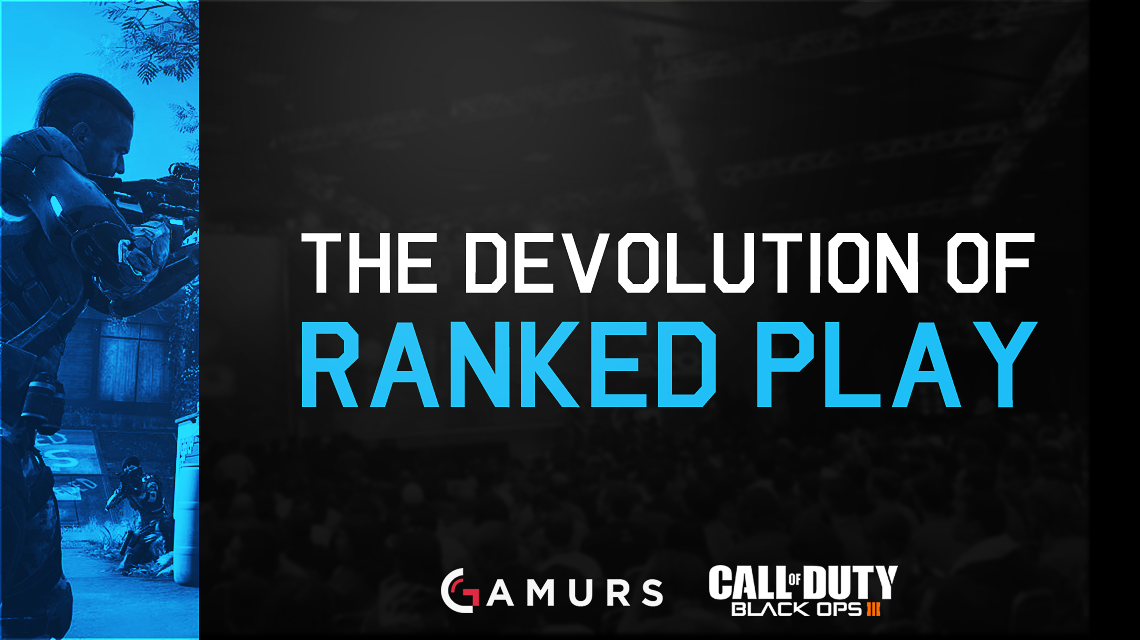
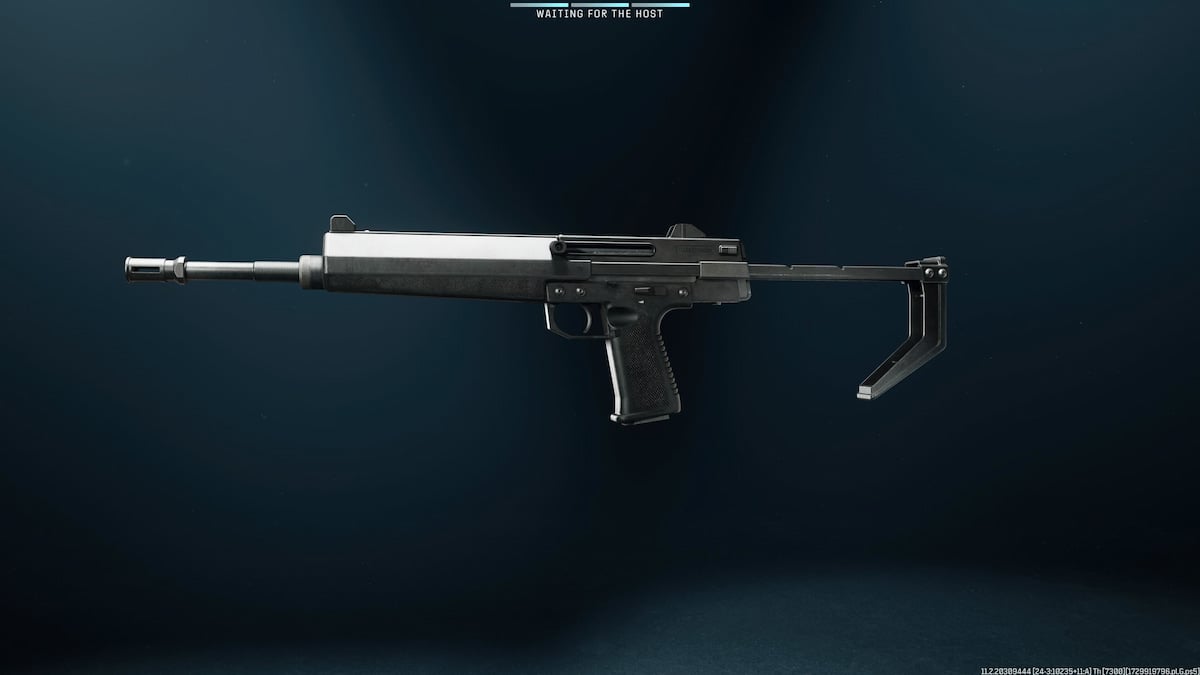
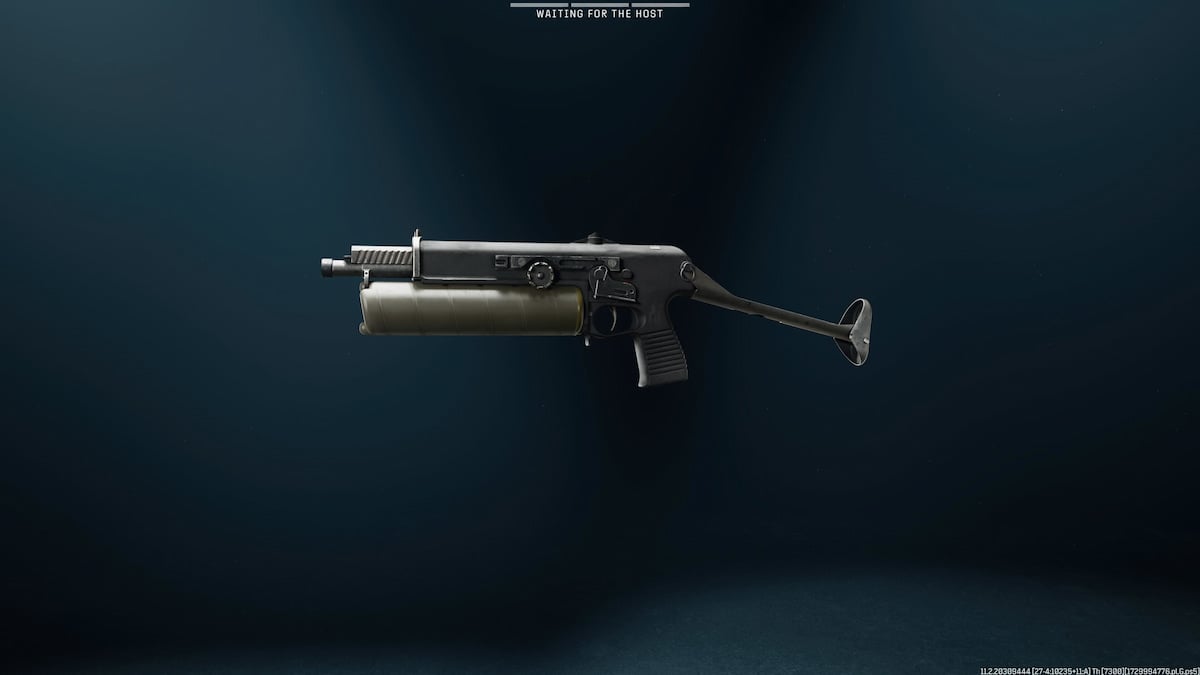
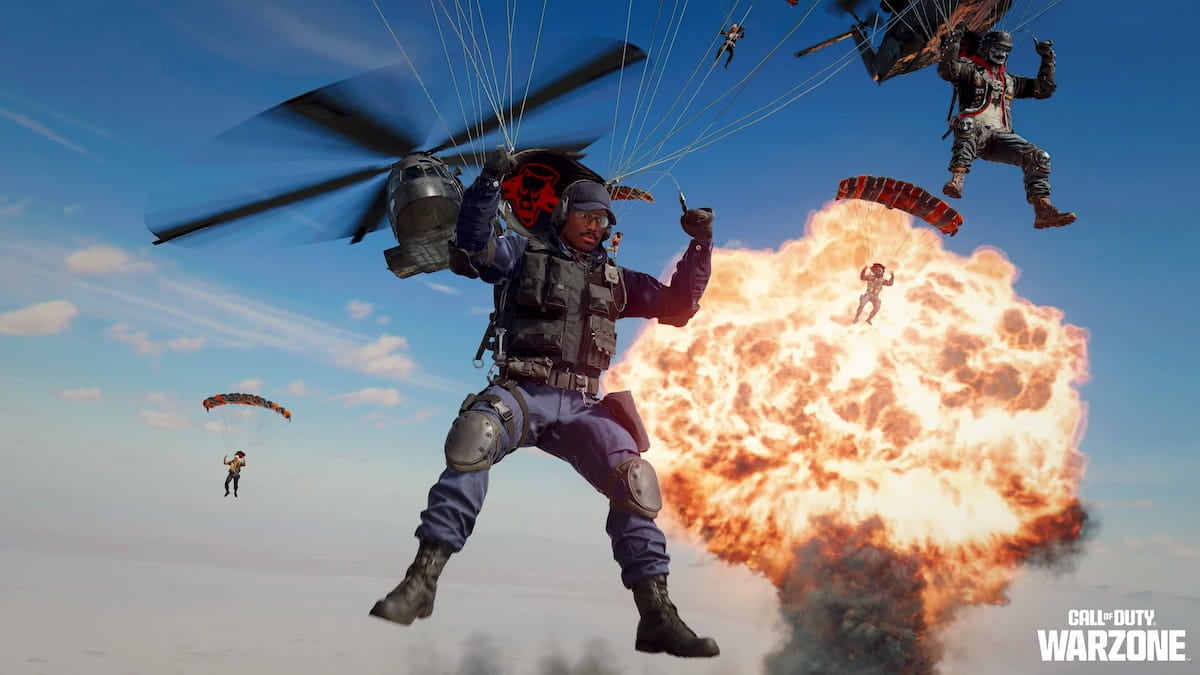
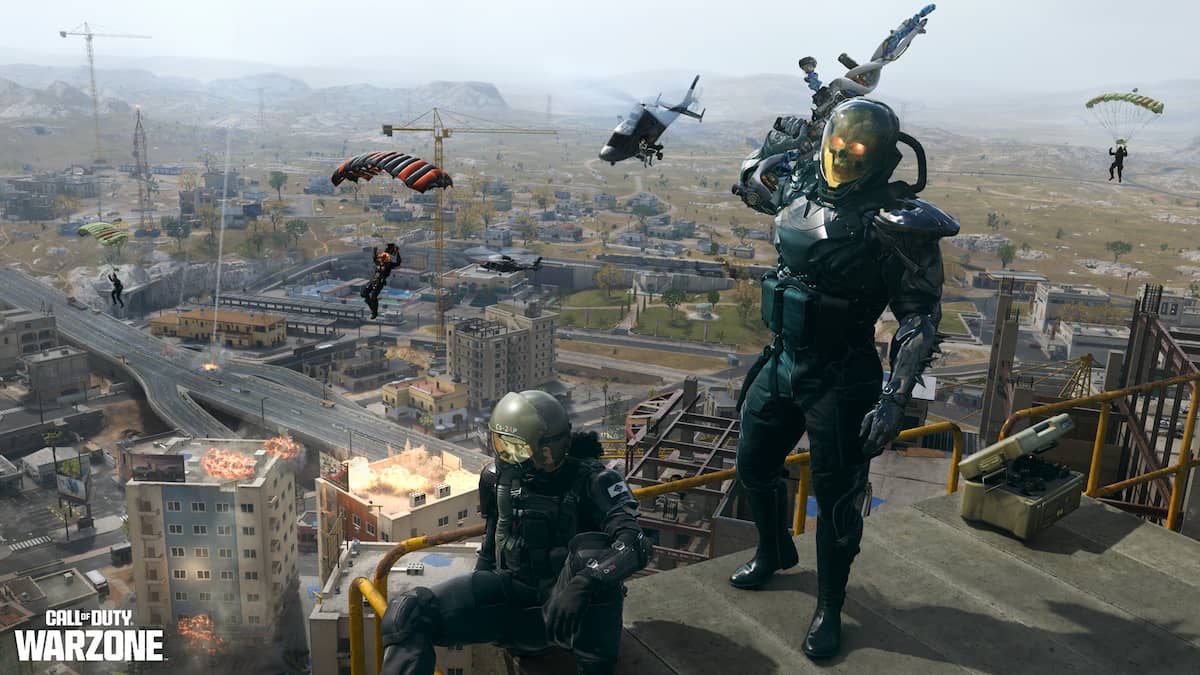
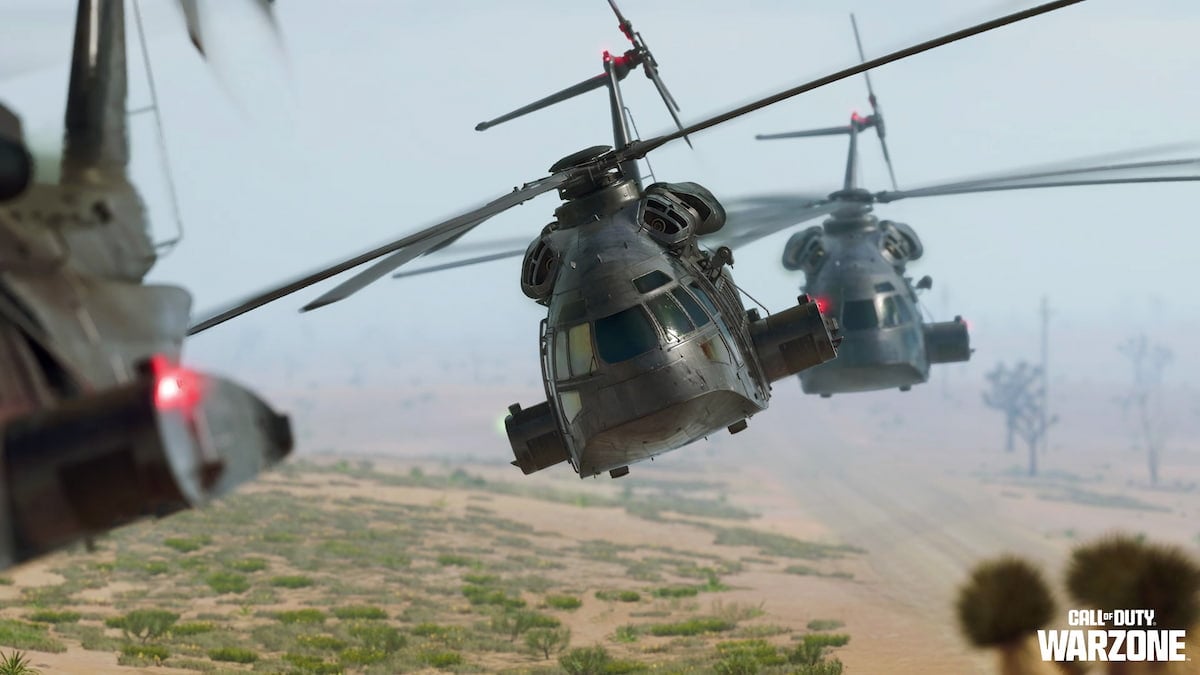
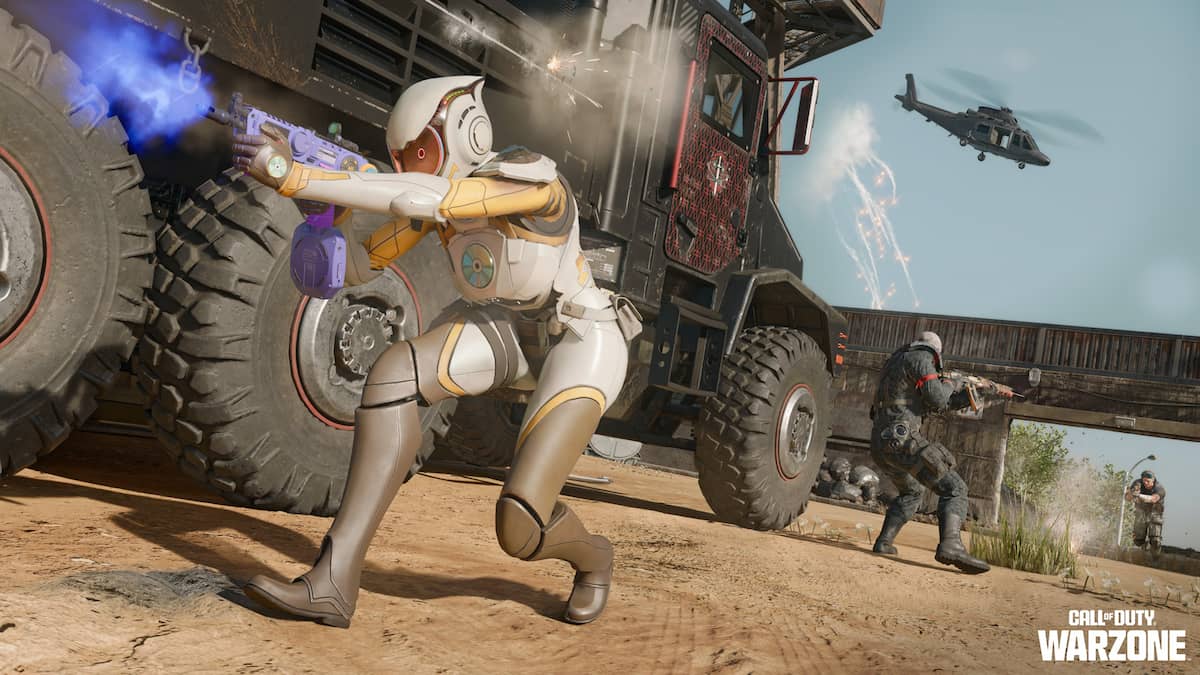
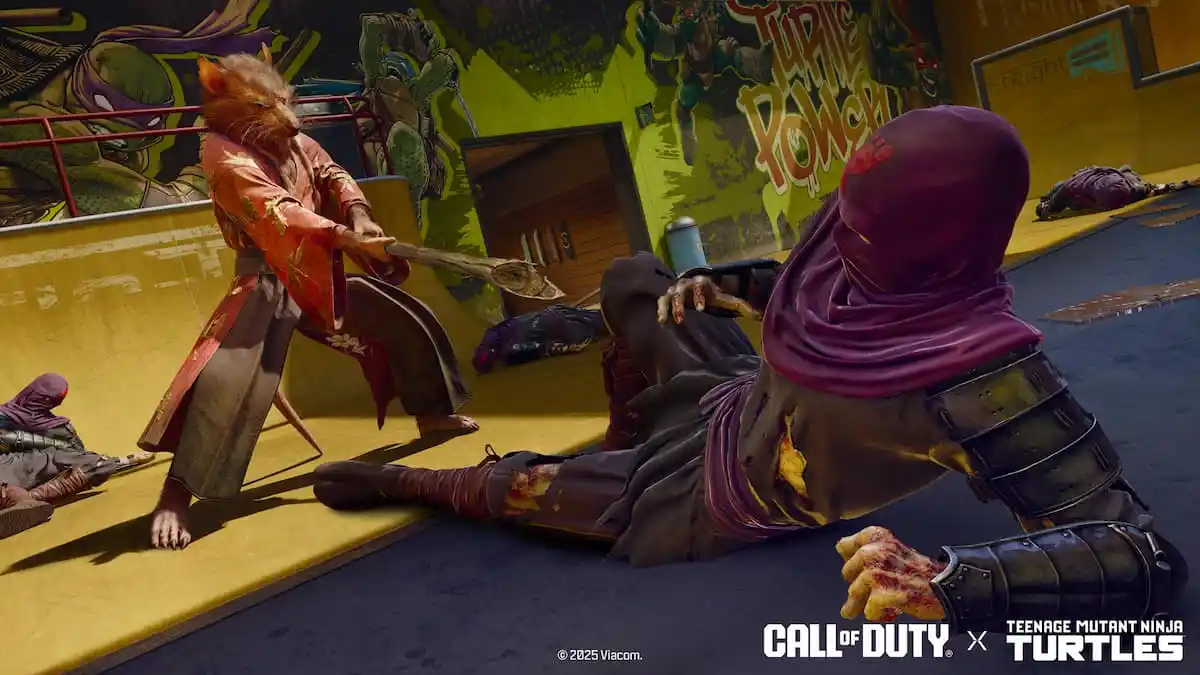

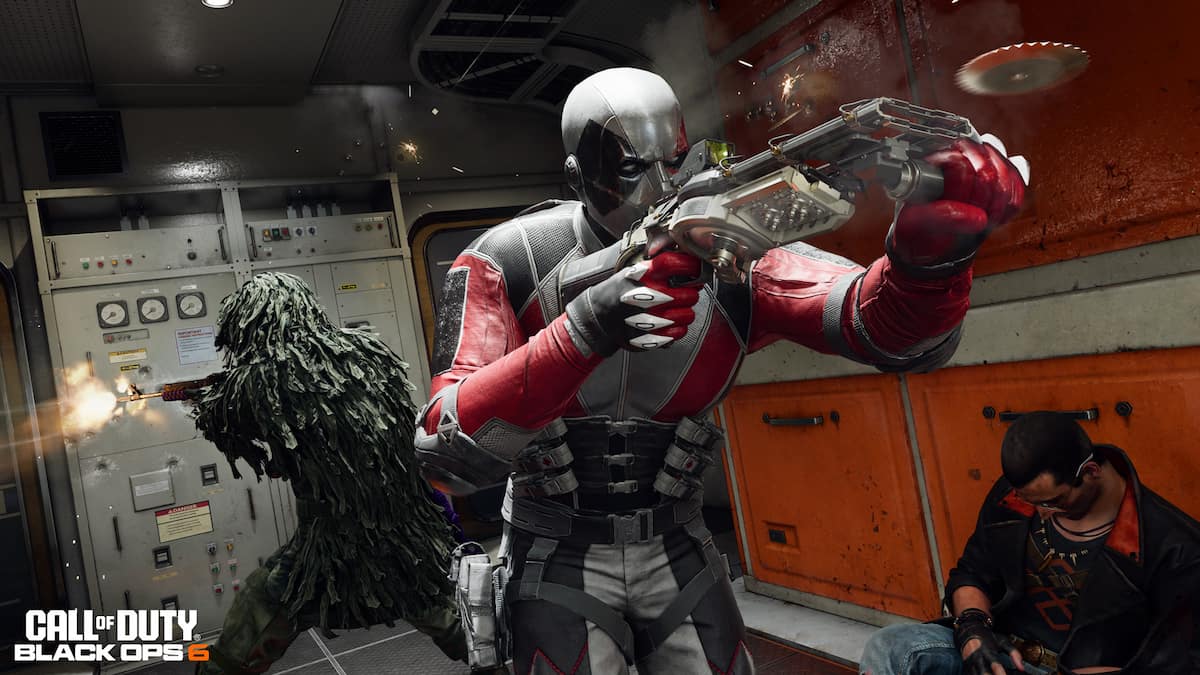
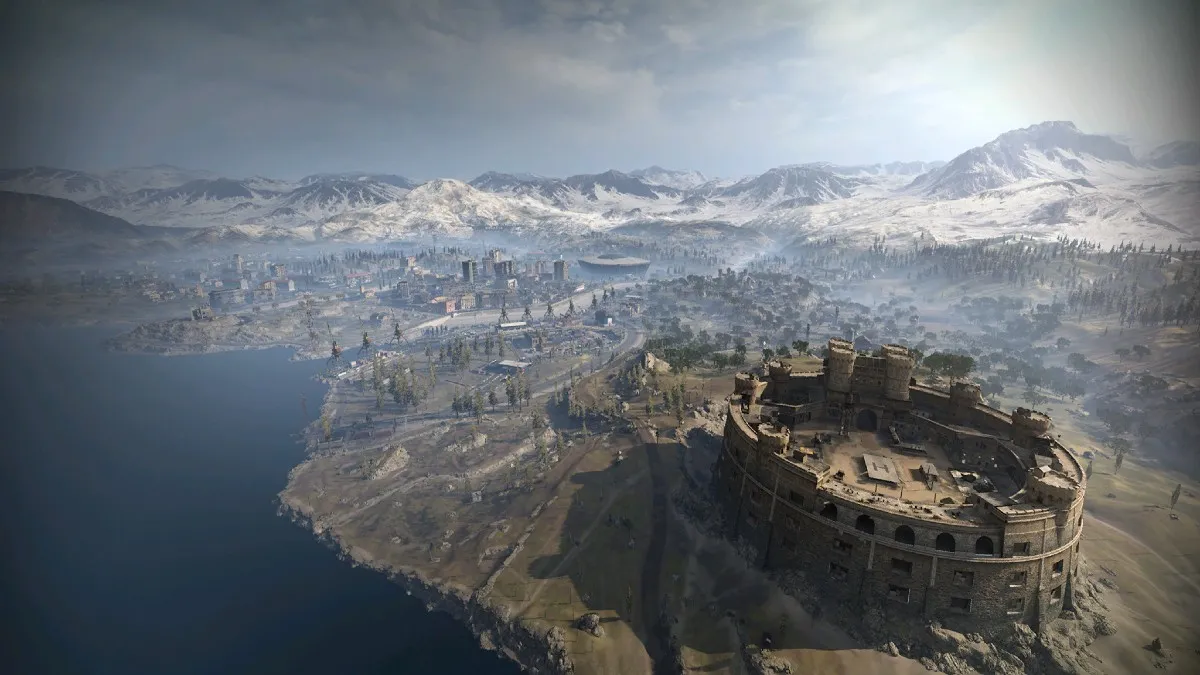
Published: Aug 21, 2016 5:21 PM UTC